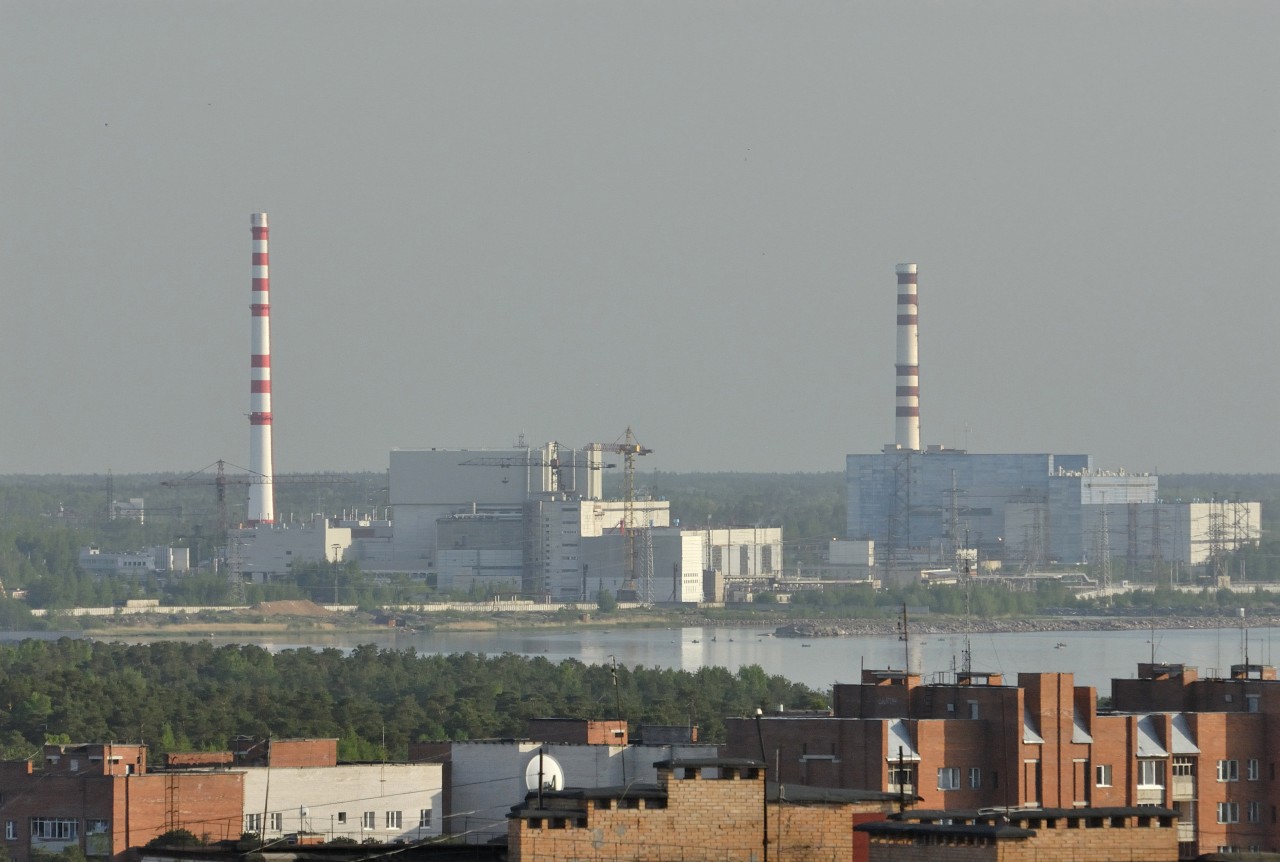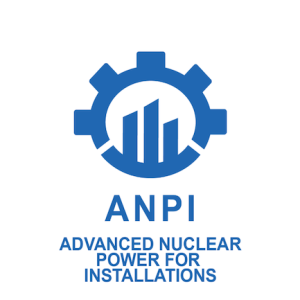 A public consultation is under way with respect to the decommissioning of the RBMK units at units 1&2 of Russia’s Leningrad NPP. The two units ceased operation in 2018 and 2020 after 45 years. Preparatory work for decommissioning has already begun. Fuel has been completely removed from unit 1 and fuel unloading will be completed at unit 2 by the end of 2023. Some of the fuel from unit 1 was transported for further burning at units 3&4 and the rest was moved to the used nuclear fuel storage.
A public consultation is under way with respect to the decommissioning of the RBMK units at units 1&2 of Russia’s Leningrad NPP. The two units ceased operation in 2018 and 2020 after 45 years. Preparatory work for decommissioning has already begun. Fuel has been completely removed from unit 1 and fuel unloading will be completed at unit 2 by the end of 2023. Some of the fuel from unit 1 was transported for further burning at units 3&4 and the rest was moved to the used nuclear fuel storage.
“We are gradually implementing a programme to replace the capacities of the Leningrad NPP,” explained Leningrad NPP Director Vladimir Pereguda. “We are replacing the RBMK-1000 units with more powerful, safer and automated VVER-1200 reactors. The RBMK-1000 are now ready for decommissioning, which is scheduled to begin in 2025. Public discussions are held to ensure that local residents receive complete information about the process planned for Leningrad NPP, including a safe system for handling radwaste and used fuel during dismantling of the units. It is also an opportunity to assess public opinion and take it into account when assessing environmental impacts. Any interested participant will be able to express their point of view and receive clarification on all issues.”
According to Konstantin Kudryavtsev, chief engineer of the Leningrad NPP, the concept of decommissioning chosen for Leningrad NPP is immediate dismantling. After receiving a licence to in 2025, work will begin immediately to disassemble, fragment and decontaminate equipment, pipelines and other systems. “Some buildings and structures will be returned to greenfield status. Some of the buildings and structures will remain,” he explained.
Information for public discussion will be available throughout July on the official website of the Sosnovoborsky city district and on the website of nuclear utility Rosenergoatom. They will also be available at the public library in Sosnovy Bor. The body responsible for organising and conducting public discussions is the administration of the city of Sosnovoborsky urban district.
Currently Leningrad NPP has four units in operation – the original units 3&4 with Soviet RBMK-1000 reactors, as well units 5&6 (or LNPP-II 1&2) with new VVER-1200 units. Units 5&6 replaced units 1&2 with RBMK-1000 reactors. The new units 7&8 will eventually replace the original units 3&4.
Image: The Leningrad nuclear power plant (courtesy of Rosenergoatom)






